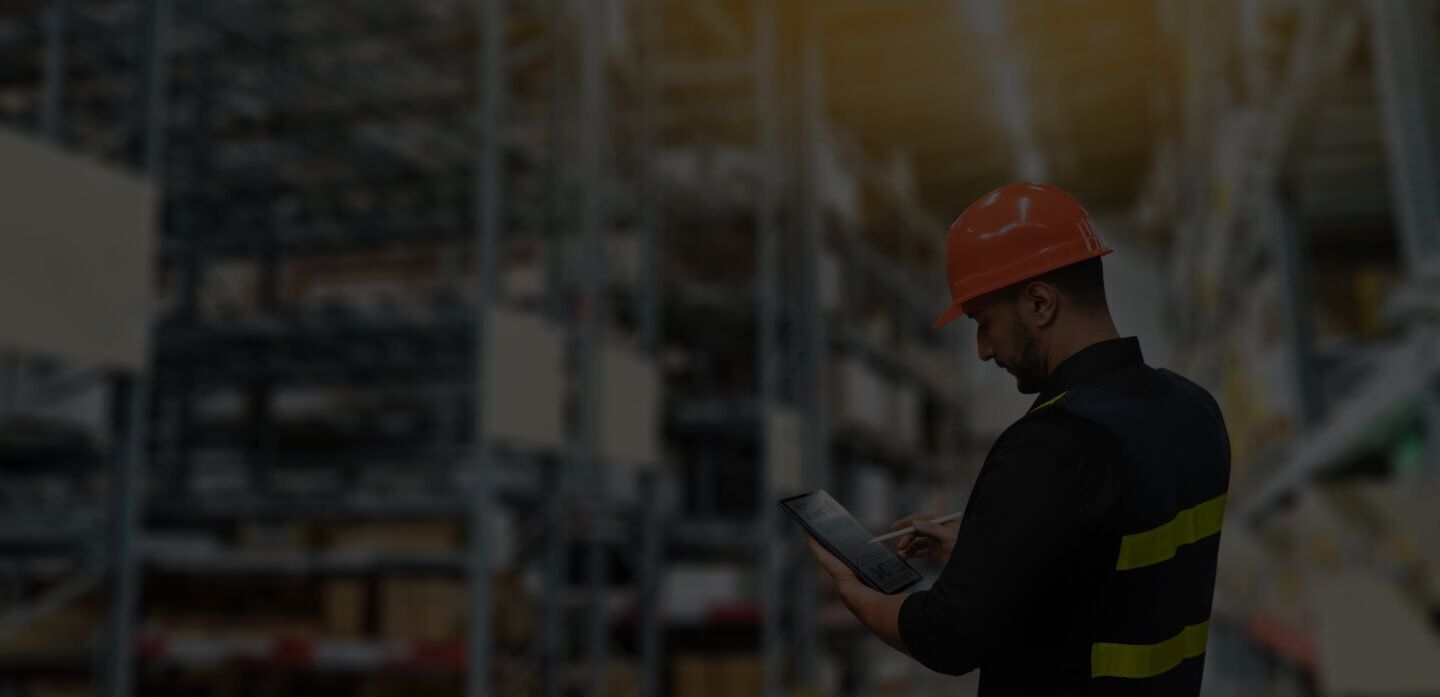
Shipping Container Services



Quote your shipping container route in seconds
iContainers operates in a wide variety of ports worldwide, so you can ship your container internationally with ease. Our online platform allows you to quote, compare prices, and reserve your shipment in just a few minutes. Whether you're looking for shipping container moving companies or calculating the shipping container cost, either FCL or LCL, you will be able to obtain an instant price for the shipment of your cargo. Don’t forget to sign up for unlimited quotes and take a look at the main destinations on international trade routes.
Shipping container to the rest of the world
Shipping Container to North America
Frequently Asked Questions about Container Shipping
Container shipping involves transporting goods in large, standardized containers by sea. These containers are designed to be quickly loaded onto ships, trucks, and trains, making container shipping a cost-effective and efficient option for moving large volumes of goods across borders.
It’s often used for domestic and international freight and offers flexibility with options such as full container load (FCL) and less than container load (LCL).
There are several container types designed to meet various shipping needs:
- Standard Dry Containers – Used for general cargo
- Refrigerated Containers (Reefers) – Maintain temperature control for perishable goods
- Open Top Containers – Allow for oversized cargo that can’t fit in standard containers
- Flat Rack Containers – Ideal for heavy or irregularly shaped items such as machinery
- High Cube Containers – Provide additional vertical space
Choosing the right container depends on the type and size of your cargo.
Several factors influence container shipping costs, including:
- Container size (20-foot vs. 40-foot)
- Shipping route and distance
- Freight type (FCL vs. LCL)
- Seasonality (peak shipping periods can increase rates)
- Customs duties and fees
- Additional services like insurance, storage, or door-to-door shipping
Working with a logistics provider like iContainers helps you understand and manage these cost factors.
The transit time for international container shipping varies depending on the origin, destination, and shipping route. On average:
- Shorter routes (e.g., within the same continent): 10–20 days
- Long-haul routes (e.g., Asia to North America): 20–45 days
Additional time should be factored in for customs clearance and potential port delays.
International container shipping typically requires the following documents:
- Bill of Lading (BOL)
- Commercial Invoice
- Packing List
- Customs Declaration
- Certificate of Origin (if applicable)
- Insurance Certificate (if applicable)
Ensuring that all documents are accurate and complete helps prevent customs delays.
You can track your container shipment using a tracking number or Bill of Lading provided by your shipping company.
Most freight forwarders, including iContainers, offer online tracking tools. These tools allow you to check the real-time status of your shipment, including vessel departure, arrival, and customs clearance updates.
Containers can accommodate a wide variety of goods, including:
- Consumer goods (e.g., electronics, textiles, furniture)
- Industrial products (e.g., machinery, spare parts)
- Perishable items (in refrigerated containers)
- Bulk cargo (e.g., raw materials like grains or minerals)
However, certain goods may require special containers based on size, weight, or handling needs.
Yes, there are restrictions on certain items due to safety, security, or legal reasons. These often include:
- Hazardous materials without proper documentation
- Prohibited items like weapons or illegal substances
- Perishable goods in standard containers without refrigeration
Always verify shipping regulations and requirements for your cargo to avoid delays or fines.
Customs clearance involves inspecting and verifying your shipment to ensure compliance with the import/export laws of both origin and destination countries. The process includes:
- Submitting documents (e.g., Bill of Lading, Commercial Invoice)
- Paying customs duties and taxes
- Inspection (if required)
Working with a freight forwarder helps streamline this process by ensuring all documents and procedures are handled correctly.
Yes, iContainers offers door-to-door container shipping services. This means we handle the entire process—from picking up your cargo at your warehouse to delivering it to the final destination—while managing transport, customs clearance, and documentation.
This service simplifies international shipping by reducing the need for multiple logistics providers.
You can get a container shipping quote by providing key details such as:
- Cargo size and type
- Origin and destination
- Preferred shipping dates
- Service type (e.g., FCL, LCL, door-to-door)
Contact iContainers or use our online platform to request a custom quote quickly and easily.
Booking a container shipment with iContainers involves a few simple steps:
- Request a quote – Provide shipment details for an estimate.
- Confirm booking – Approve the quote and book your container.
- Prepare documents – Submit required shipping documents.
- Cargo pickup and transport – We coordinate pickup, transport, and customs procedures.
- Track your shipment – Use our online platform to monitor your container’s status.
Our team is available to support you throughout the process.
If your cargo exceeds the container’s capacity, you have several options:
- Upgrade to a larger container (e.g., from a 20-foot to a 40-foot container)
- Split the shipment into multiple containers
- Repackage items to optimize available space better
Consult with your logistics provider to determine the most cost-effective solution.